#1: Make Your Character Want Something
The key components of story: plot character
At the heart of any story are two fundamental components: character and plot. There is a lot of debate about whether character or plot is more important, and both need to be addressed at every stage of the writing process. Yet there is an underlying principle that distills both character and plot.
Your main character needs to want something.
In Jane Austen’s novel Emma, the main character, Emma Woodhouse, wants to bring others happiness (and herself entertainment) by playing matchmaker. At the beginning of the book she sets herself on this path while speaking of her success in matching her dear friend and governess, Miss Taylor, to Mr. Weston:
“I made the match myself. I made the match, you know, four years ago; and to have it take place, and be proved in the right, when so many people said Mr. Weston would never marry again, may comfort me for any thing.”
Mr. Knightley shook his head at her. Her father fondly replied, “Ah! my dear, I wish you would not make matches and foretell things, for whatever you say always comes to pass. Pray do not make any more matches.”
“I promise you to make none for myself, papa; but I must, indeed, for other people. It is the greatest amusement in the world! And after such success you know!”
Illustration by C.E. Brock, from a 1909 edition of Emma
The wants of a character reveal their internal character and personality.
Emma believes she can be a matchmaker because she believes she understands people better than they understand themselves. Not only does she find herself superior to others, but she is used to getting what she wants.
The wants of a character create plot.
Emma’s desire to make matches leads to most of the action (and comedy) of the novel, such as her prolonged attempt to set her friend Harriet Smith up with the vicar, Mr. Elton.
Whether you’re brainstorming or revising a story, make sure your main character wants something, and that this want is manifest throughout the narrative.
How do you show character wants and motivations?
One of the most powerful ways to show what a character wants is through their dialogue, as seen in the example from Emma. Dialogue is not just about communication: it is a tool we use to assert our identities in the world, to create change, and to influence other characters.
What a character wants should also be shown through action. Emma arranges endless opportunities for Harriet and Mr. Elton to spend time together. At one point she is on a walk with them and she intentionally breaks her shoelace so she can fall behind, giving them the opportunity to be alone.
A further method that can be used to show character wants and motivation is through description. Emma notices every time Mr. Elton looks in Harriet’s direction, and the description reflects her motivation and hopes.
Exercise 1: Think of one of your favorite books or movies. What does the main character really want? Share your response in the comments.
Exercise 2: Whether you’re writing a novel, a short story, or a picture book, your main character should want something. Write a manifesto from their point of view about what they want, why they want it, and what they are willing to do to get it. This could be a single paragraph or a full page.
Exercise 3: Rewrite the following short scene about a woman named Mariah. The catch: you must add a strong character want. This could be any want, in any genre. For example:
- To be a matchmaker
- To find a valuable clue that will help her stop an assassin
- To be on time to something in her life, for once
Whether you choose one of these sample wants or your own, the character’s want should have an impact on the dialogue, the action, and the description.
Mariah walked up to the ticket counter. “One ticket for Ocean’s 8. The 7:00.”
The man at the counter nodded, not even looking up at her. As he made the selections on his computer, her eyes fell on his name tag. “Markus.” Her eyes moved back up to his face, and this time, she looked past the glasses and the beard. It really was Markus. She hadn’t seen him in years, not since high school graduation.
“Markus Santos?”
At this, he looked up from the screen. It took a moment, but realization dawned on his face. “Mariah. How are you?”
“Pretty good. How about you?”
“Great,” he said, but not very convincingly. “That’ll be $10.25.”
She inserted her credit card.
“Are you seeing this by yourself?” he asked.
“No, I’m meeting friends. They already have their tickets.”
She removed her credit card and he handed her the ticket.
“Have a nice night,” he said with a nod. There was no trace of the smiles he used to give to everyone.
“You too,” she said. She entered the theater.
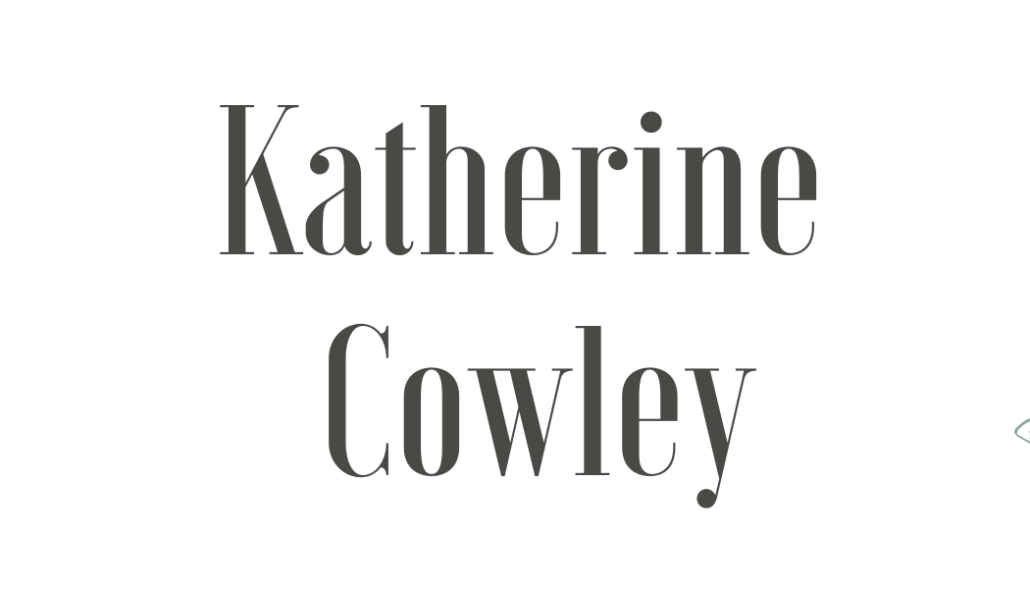
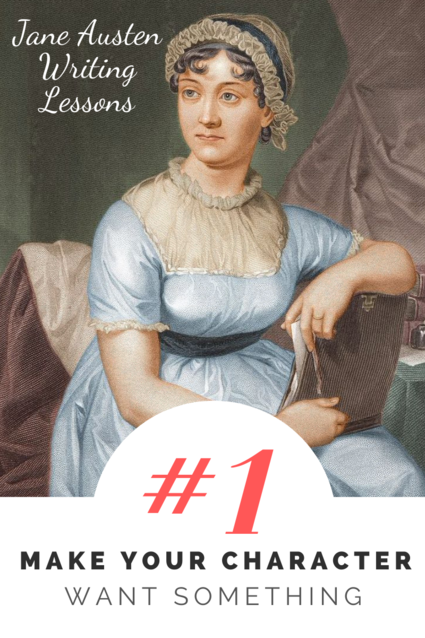
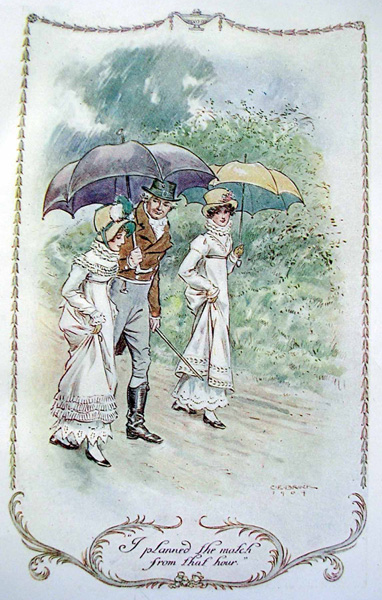

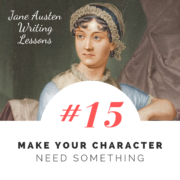
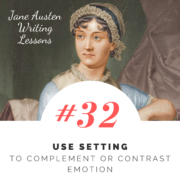
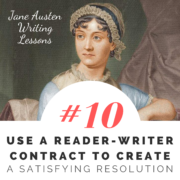
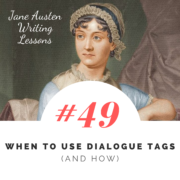
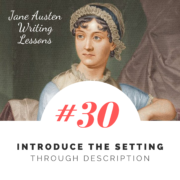
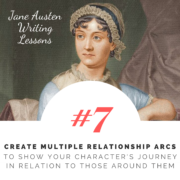


Leave a Reply
Want to join the discussion?Feel free to contribute!